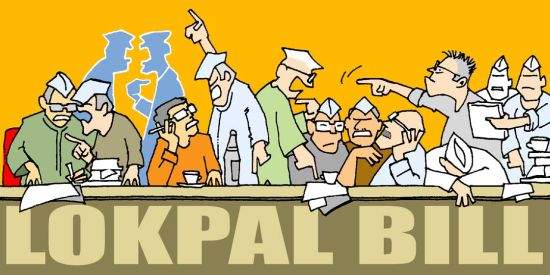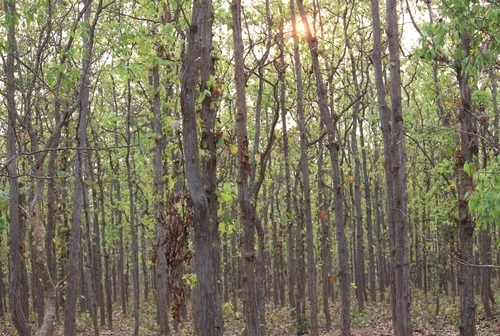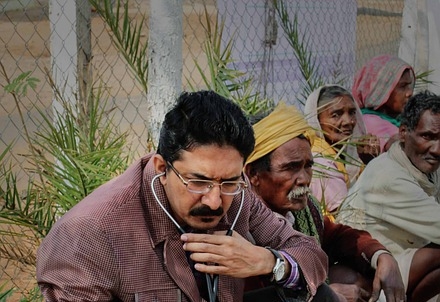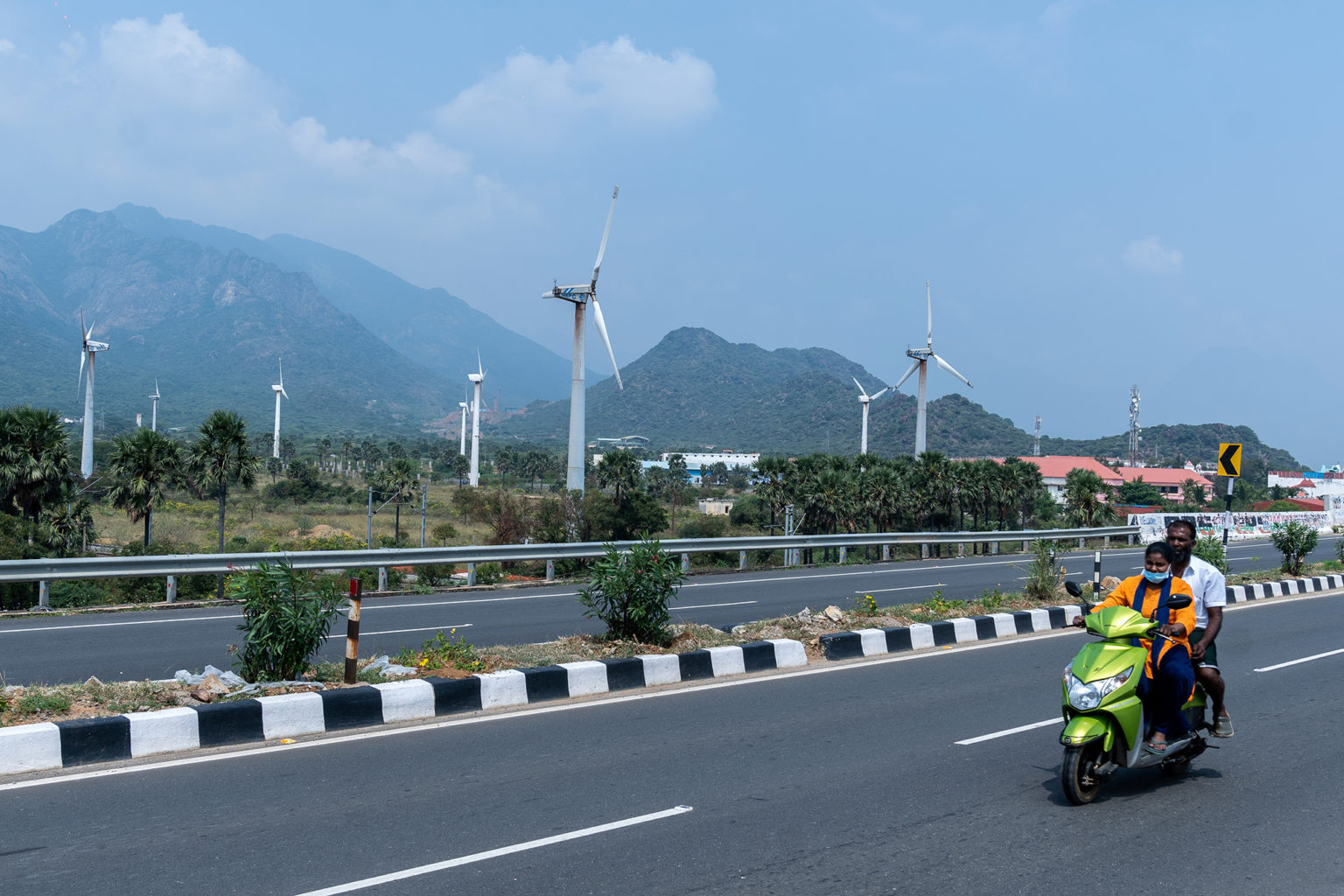After several unsuccessful attempts spanning decades, the Indian Parliament has finally passed a long-awaited piece of anti-graft legislation, the Lokpal and Lokayuktas Bill 2013, which provides for the establishment of the office of Lokpal - an independent ombudsman at the Centre as well as parallel Lokayuktas in the states with powers to investigate complaints of corruption against public officials.
The Bill had been passed in the Lok Sabha in December 2011, but had come up against opposition in the Rajya Sabha. In January 2013, the Cabinet accepted a version of the Bill incorporating 14 out of 16 amendments proposed by a select committee of the Rajya Sabha.
However even as it remained on the agenda for discussion during successive sessions of Parliament during the year, it was finally taken up by the Upper House only during the Winter Session. On 17 December, the Bill - with amendments - was passed by the Rajya Sabha and returned to the Lok Sabha for ratification. On 18 December, the Lok Sabha approved the Bill, paving the way for it to be made into law once Presidential assent is obtained.

Any officer of the CBI investigating a case referred to it by the Lokpal shall not be transferred without the approval of the Lokpal.
-
Upon receipt of a complaint against a public official, the Lokpal shall call for the explanation of the public servant before investigation by any agency (including the CBI), so as to determine whether there exists a prima facie case for investigation.
-
However, seeking of explanation from the public servant before an investigation shall not interfere with the search and seizure, if any, required to be undertaken by any agency (including the CBI).
-
Any officer of the CBI investigating a case referred to it by the Lokpal shall not be transferred without the approval of the Lokpal.
-
The CBI may, with the consent of the Lokpal, appoint a panel of advocates, other than the government advocates, for conducting the cases referred to it by the Lokpal.
-
The Central Government may from time to time make available such funds as may be required by the Director of the CBI for conducting effective investigation into the matters referred to it by the Lokpal and the Director shall be responsible for the expenditure incurred in conducting such investigation.
-
Every State shall establish a body to be known as the Lokayukta for the State within a period of one year from the date of commencement of this Act.
-
A Directorate of Prosecution will be created in the CBI which will be headed by a Director who shall be an officer not below the rank of Joint Secretary to the Government of India, for conducting prosecution of cases under this Act.
-
The Director of Prosecution shall function under the overall supervision and control of the Director.
-
The Central Government shall appoint the Director of Prosecution on the recommendation of the Central Vigilance Commission.
- The Director of Prosecution shall, notwithstanding anything to the contrary contained in the rules relating to his conditions of service, continue to hold office for a period of not less than two years from the date on which he assumes office.
























